Innovating for a greener tomorrow: The BiodeCCodiNNg Doctoral Network story
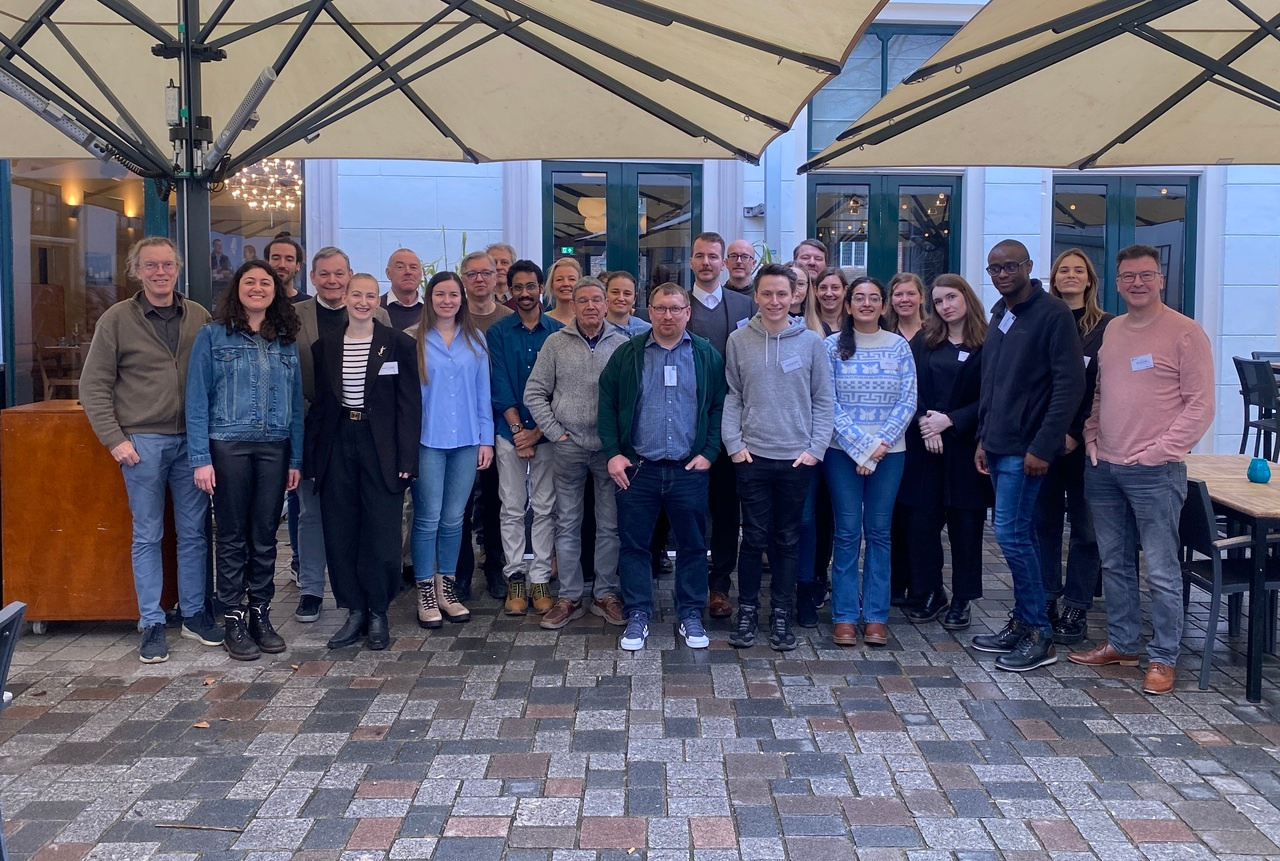
This post has been jointly written by Corina Šljubura, Lilla Gal, Lindelo Mguni, Nikita Pal, Suresh Rohan & the BiodeCCodiNNg consortium.
The BiodeCCodiNNgv project, an EU-funded HORIZON MSCA Doctoral Network, is pushing the boundaries of enzyme technology to promote greener, more sustainable industrial chemical processes. At its core, the project aims to train Europe’s next visionary scientists and equip them with the expertise to develop enzymes that drive complex reactions such as C-C and N-N bond formation, addressing key gaps in pharmaceutical synthesis. By integrating advanced enzyme discovery, structural biology, protein engineering, and reaction engineering, BiodeCCodiNNg aims not only to advance sustainable chemical production but also to inspire our Doctoral Candidates (DCs) to adopt creative, interdisciplinary approaches to enzyme innovation.
In the following paragraphs, our DCs share their personal experiences of what it's like to be part of a doctoral network.
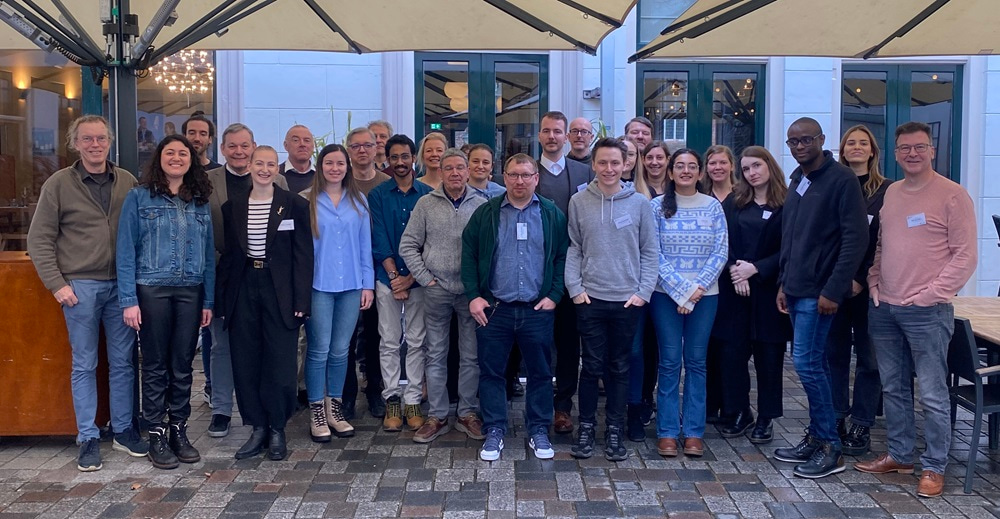
Starting a PhD: a transformative journey
Our multidisciplinary team also offers a wide network of professional advice. Through the mentorship programme, each DC is paired with a senior researcher or industry expert to receive tailored support for their individual careers. This personalized mentoring enables us to reflect on our academic and professional aspirations as we navigate our future career paths.
Individual and network-wide training inside a doctoral network
BiodeCCodiNNg offers a mix of individual and network-wide training that promotes personal and professional growth. A highlight of the individual training is the opportunity for secondments – short research exchanges between different institutions. Each BiodeCCodiNNg DC participates in at least one academic and one industrial secondment. These secondments not only allow us to broaden our knowledge and apply our research in different contexts but also help us to develop scientific skills and perspectives, all while building a strong professional network across borders.
Beyond research, the Network’s training events, such as workshops and scientific schools, provide an opportunity to learn about the latest advances in biocatalysis, while encouraging discussion on broader topics such as gender equality, diversity, and work-life balance. Through these experiences, we grow not only as scientists but also as individuals equipped to face the challenges of modern research and life.
Industrial mindset: chasing both novelty and innovation
Being part of an industry-linked Doctoral Network offers the best of both worlds, providing invaluable insight into how laboratory research can be applied in real-world scenarios and bridging the gap between academia and industry. In BiodeCCodiNNg, we work with more than ten industrial partners who shape our research projects to focus on the commercial production of compounds of value to society.
A highlight of our experience was a visit to AstraZeneca in Sweden for the industrial immersion workshop, where we gained a comprehensive understanding of industrial processes, from high-throughput screening to manufacturing and patenting. This has given us a broader perspective on how impactful our research can be translated into a business model to address global challenges. These are just some of the things that are less considered in academia, where the focus is typically on novelty rather than innovation. So, an industry-linked PhD creates a scientific mindset that chases novelty and innovation to make the world a better place.
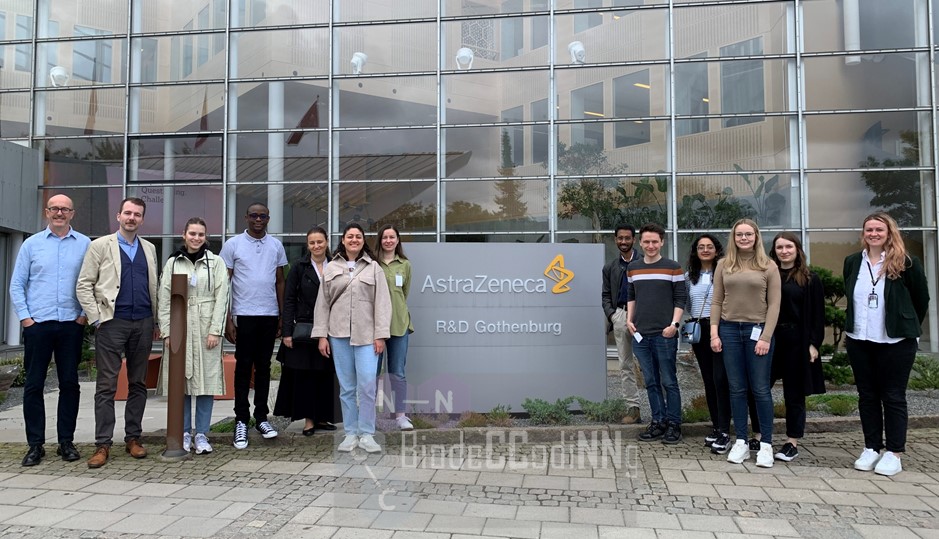
Q&A with BiodeCCodiNNg Doctoral Candidates
Question by Suresh Rohan: In your opinion, what has been the most advantageous aspect of being in a Doctoral Network with many doctoral candidates?
Answer by Nikita Pal: Frequent contact with other PhD students working on similar topics promotes a deeper understanding of our research. Sharing successful results and commiserating over failed experiments not only strengthens our team but also drives our project forward. Another benefit of working together is the sense of camaraderie and enjoyment during our workshops and meetings, as we share jokes and lighten the atmosphere. Furthermore, our division into a data management team, a dissemination and exploitation team, and representatives on the supervisory board ensures that all aspects of our research journey are fully covered as a cohesive team.
Question by Lilla Gal: What specific experience during your studies has had the greatest impact on your PhD journey? What has been the most influential experience of your doctoral journey so far?
Answer by Corina Šljubura: The most influential experience during my Master’s degree was winning the Rector’s Award at the University of Zagreb, which recognizes outstanding student work in scientific, artistic, and socially useful fields. My submission pushed me beyond traditional academic boundaries and enhanced both my skills and perseverance. Being selected from a competitive group of students was a significant achievement, and the award ceremony, with its exhibition of winning projects, highlighted the value of this recognition. This experience taught me important lessons in time management and resilience – skills that I now rely on in my PhD research on C-C bond forming enzymes. The perseverance I developed during my Master’s degree continues to guide me, helping me to tackle even the most complex challenges and driving me to consistently exceed expectations.
Question by Corina Šljubura: How do you feel about moving and working with other DCs during your secondment and what do you hope to gain or have already gained, both personally and professionally?
Answer by Lilla Gal: I recently completed a four-month academic secondment in Germany, which was both challenging and rewarding. Although I had already moved to Austria for my PhD, it was still difficult to adapt to a different laboratory and culture. However, this experience helped me to become more adaptable. Working with other DCs was also a great opportunity to exchange ideas and gain new experiences.
Question by Nikita Pal: What is the difference in communicating and disseminating your PhD work while being in a Doctoral Network?
Answer by Lindelo Mguni: This was a bit of a challenge for me in the beginning as I had little to no social media engagement in platforms like LinkedIn and Twitter (now X). The DN helps in sharing your milestones with your research, which is then viewed by other fellow scientist within the same research area. This is usually an ice breaker in conferences when we meet. It also means you do get people coming to your presentation because they “remember you from some Doctoral Network”, giving you another opportunity to disseminate in person.
If you would like to know more about BiodeCCodiNNg or find the latest news from the project, you can find us on our website, Linkedin and X.
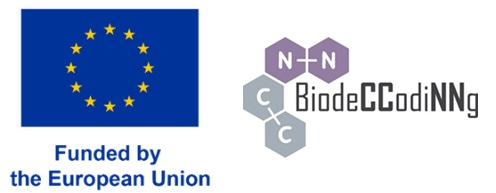
The BiodeCCodiNNg project is funded by the European Union’s Horizon Europe research and innovation programme under the Marie Skłodowska-Curie grant agreement No. 101073065.
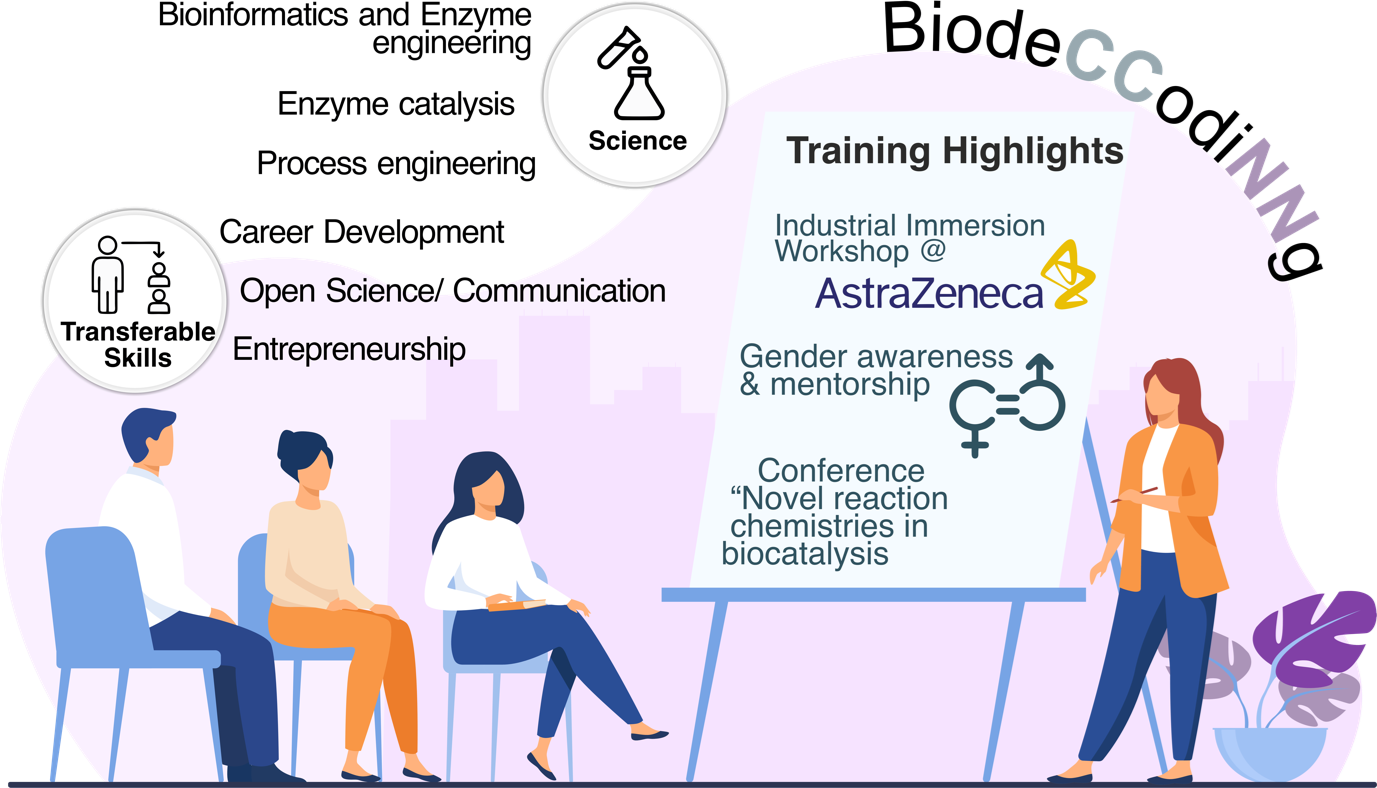
All images by BiodeCCodiNNg.
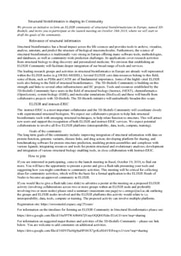
Join the FEBS Network today
Joining the FEBS Network’s molecular life sciences community enables you to access special content on the site, present your profile, 'follow' contributors, 'comment' on and 'like' content, post your own content, and set up a tailored email digest for updates.